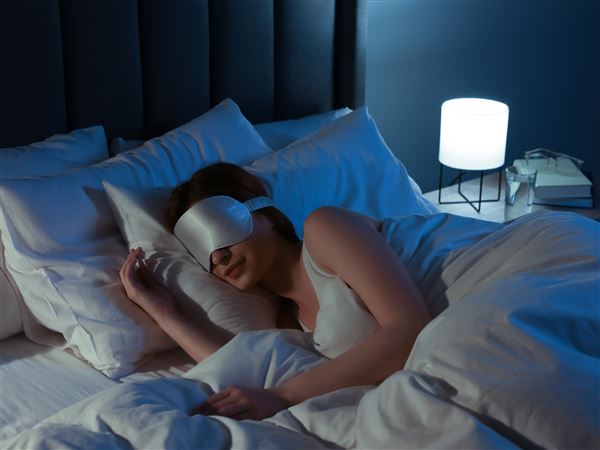Unlocking Dreamland: What Science Reveals About Perfect Sleep

In the hustle and bustle of modern life, a silent epidemic is sweeping across the United States: sleep disorders. Millions of Americans are struggling to get the restorative rest they desperately need, facing nightly battles with insomnia, sleep apnea, and other disruptive conditions that rob them of quality sleep.
Recent studies reveal a startling truth: approximately 70 million Americans suffer from chronic sleep problems that significantly impact their health, productivity, and overall quality of life. From restless nights to daytime fatigue, these disorders are more than just an inconvenience – they're a serious health concern that demands attention.
Insomnia leads the pack, affecting nearly one-third of adults who find themselves tossing and turning, unable to fall asleep or stay asleep through the night. Sleep apnea follows closely behind, with its dangerous pattern of interrupted breathing that can lead to serious cardiovascular complications.
The consequences extend far beyond simple tiredness. Chronic sleep deprivation has been linked to a host of health issues, including:
• Increased risk of heart disease
• Weakened immune system
• Mental health challenges
• Decreased cognitive function
• Higher rates of workplace accidents
Experts recommend a multi-faceted approach to addressing sleep disorders, including improved sleep hygiene, medical interventions, and lifestyle modifications. From creating consistent sleep schedules to seeking professional medical advice, there are numerous strategies to reclaim restful nights and energized days.
As awareness grows, so do the opportunities for understanding and treating these pervasive sleep challenges. It's time for Americans to prioritize sleep and recognize its crucial role in overall health and well-being.

